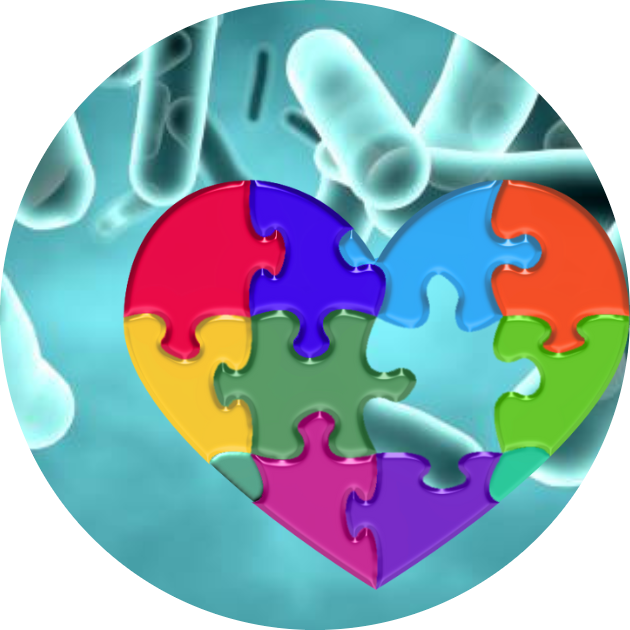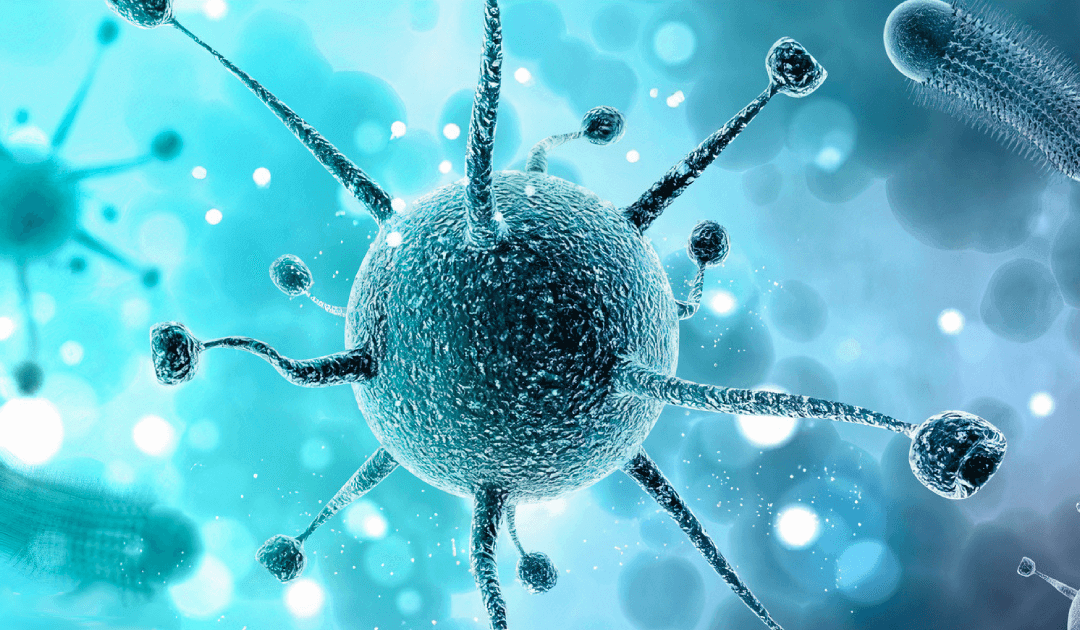
The relationship between autism and gut microbiome is another area of science that has received much attention. It is now well known that 30-50% of people with autism suffer from significant gastrointestinal problems such as diarrhea, constipation, and irritable bowel syndrome, and more have microbiome imbalance.
Autism spectrum disorder (ASD)
Autism spectrum disorder (ASD) is a severe neurodevelopmental or neuropsychiatric disorder. Cognitive disabilities, communication disorders, repetitive patterns of behavior, and limited social interaction and communication are primary signs of autism. Most gastrointestinal problems associated with autism suggest that it is not merely a psychiatric disorder, as many claims, but has a physiological basis, and alleviating gastrointestinal problems can help relieve symptoms. bIntestinal dysbiosis or microbial imbalance can disrupt the coordination of the microbiota-gut-brain axis, which is important in human mental health; as the common saying goes, “fix your gut, fix your brain”.
Microbes in the gut
It has long been a mystery why, but there is now excellent evidence that the complex community of microbes plays a vital role in human development and is essential for a healthy immune and endocrine system as well as the brain.
Some scientists believe that disturbing the natural balance of these “good” bacteria could be a possible cause of autism. Antibiotics, for example, are commonly used in infants in Western societies and are known to kill “good bacteria” along with the “bad” bacteria for which they are prescribed.
Differences in the microbial community humans can rely on during evolution can disrupt brain development and lead to autism. The evidence for this possible cause of autism is not strong, but significant research will be conducted in this area in the coming years.
Autism and gut microbiome
Writing about intestinal health issues can be tricky since so many kinds of issues affect each person in unique ways. However, one thing is certain across the board: the correlation between gastrointestinal health and mental development. Here are some other interesting findings regarding intestinal health and its relationship to autism.
What we know
The gut microbiome is a diverse ecosystem of microorganisms living within the intestinal tract that can impact physical, mental, and social health. In recent years, there has been growing interest in understanding how the gut microbiome may affect autism. Research is still ongoing in this area, but some individuals with autism may be missing key organisms necessary for proper brain development. Several studies have shown differences in microbiota composition and microbial metabolites in children with ASD. The connection between gut microbiota and ASD symptoms may be based on the gut-brain axis and immune, hormonal or neuronal pathways. Researchers found strong associations between gut microbiota and ASD symptoms. Studies in mice suggest that the gut microbiome can influence our behavior by acting through the gut-brain axis.
The gut microbiome has recently been shown to impact the development of autism and other neurological disorders.
Recent findings in the field of microbiology show a direct link between brain activity and gut microbes due to the gut-brain axis, demonstrating that the gut microbiota may influence several neurological disorders, such as autism. As we already know, the microbial fermentation of plant-based fibers can produce different levels of short-chain fatty acids (SCFA), which will have different outcomes but definitely affects the gut and the neurological development of autistic children. Intestinal dysbiosis has also been linked to an increased risk for neurobehavioral disorders like autism spectrum disorder. Research has shown that some ASD patients are suffering from gastrointestinal distress; therefore, evidence suggests a direct connection between their conditions due to the increased presence of microbes within their guts. Further study into what makes up this connection—the so-called microbiota-gut-brain axis—may even lead researchers to develop potential treatments for neurological disorders that cause fewer side effects than others (Krajmalnik-Brown et al., 2015).
Restoring the gut microbiome and following a restricted diet free from gluten and casein can help with the symptoms of autism
More on this topic and more than 60 recipes for GFCF diet are available in the membership program. Just click below!
If you want to know everything about autism just subscribe
Get all the information from evidence-based materials
Resources
https://www.frontiersin.org/articles/10.3389/fcimb.2022.915701/full#B61


